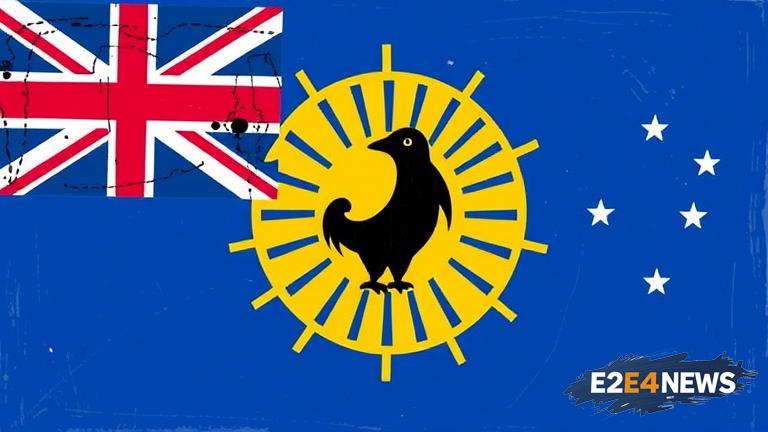The FLNKS, a pro-independence movement in New Caledonia, is scheduled to debate the decolonisation deal, which has been a topic of discussion for several years. The deal, which was signed in 2018, outlines the terms of New Caledonia’s potential independence from France. However, the agreement has been met with resistance from some groups, who argue that it does not go far enough in granting independence. The FLNKS has been a key player in the push for independence, and their debate on the decolonisation deal is seen as a crucial step in determining the future of the territory. New Caledonia has been a French territory since 1853, and the debate over independence has been ongoing for decades. The decolonisation deal was signed after a referendum in which the majority of voters chose to remain part of France. However, the FLNKS and other pro-independence groups argue that the referendum was flawed and that the results do not reflect the true desires of the people. The debate on the decolonisation deal is expected to be contentious, with some members of the FLNKS pushing for a more radical approach to independence. Others argue that the deal is a necessary step towards achieving independence, even if it is not perfect. The French government has stated that it will respect the outcome of the debate, but it is unclear what this will mean in practice. The decolonisation deal has also been the subject of controversy, with some arguing that it does not do enough to address the historical injustices faced by the indigenous Kanak people. The Kanak people have been fighting for independence for decades, and the debate on the decolonisation deal is seen as a key moment in their struggle. The FLNKS has stated that it will not accept any deal that does not recognize the sovereignty of the Kanak people. The debate on the decolonisation deal is also being closely watched by other countries in the region, who are interested in the potential implications for their own independence movements. The Pacific Islands Forum has expressed support for the FLNKS and the people of New Caledonia, and has called for a peaceful and democratic resolution to the debate. The United Nations has also been involved in the debate, with the Special Committee on Decolonization calling for France to respect the rights of the people of New Caledonia. The debate on the decolonisation deal is expected to be a long and complex process, with many different stakeholders and interests involved. The outcome of the debate is uncertain, but it is clear that it will have significant implications for the future of New Caledonia and the region as a whole. The FLNKS has stated that it will continue to push for independence, regardless of the outcome of the debate. The French government has also stated that it will respect the outcome of the debate, but it is unclear what this will mean in practice. The people of New Caledonia are waiting anxiously for the outcome of the debate, which will determine the course of their future. The debate on the decolonisation deal is a critical moment in the history of New Caledonia, and its outcome will have far-reaching implications for the territory and the region. The international community is watching the debate closely, and is calling for a peaceful and democratic resolution. The FLNKS and other pro-independence groups are pushing for a more radical approach to independence, while others argue that the decolonisation deal is a necessary step towards achieving independence. The debate on the decolonisation deal is a complex and contentious issue, with many different stakeholders and interests involved. The outcome of the debate is uncertain, but it is clear that it will have significant implications for the future of New Caledonia and the region as a whole.





